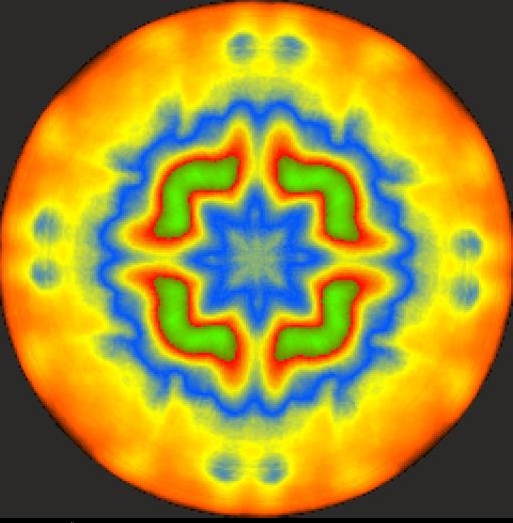Photoemission Tomography: Applications and Future Developments
734. WE-Heraeus-Seminar
24 Oct - 27 Oct 2021
Where:
Physikzentrum Bad Honnef
Scientific organizers:
Prof. Dr. Stefan Tautz, FZ Jülich • Prof. Dr. Peter Puschnig, U Graz, Austria • Prof. Dr. Mathias Richter, PTB Berlin

Angle-resolved ultraviolet photoemission spectroscopy is arguably the most direct method of addressing the (filled) electronic structure critical for the electronic and optical properties of matter. The photoemission tomography technique, a combined experimental/theoretical approach based on interpretation of the photoelectron angular distribution in terms of a one-electron initial state, has been very useful in the characterizations of electronic properties of molecular films from sub-monolayers to multilayers. This includes the unambiguous assignment of emissions to particular molecular orbitals, their reconstruction to real space orbitals, the deconvolution of spectra into individual orbital contributions beyond the limits of energy resolution, the extraction of detailed geometric information, and the precise description of the charge balance and transfer at the interfaces. Despite these successes, the theoretical description of the angular distribution of photoelectrons remains challenging and is – at the current level of theory – presently crude. Moreover, there has been significant progress in momentum space imaging photoemission spectrometers with extensions to the spin- and time-resolved domains, which make present models inadequate.
The seminar will bring together experts and young researchers interested in the application and the future developments of momentum space imaging of matter. The major aim of the seminar is to set photoemission tomography on firm grounds and to identify the directions for future theoretical and experimental investigations.
The scope of the seminar includes but is not limited to
- Photoemission tomography and photoelectron diffraction
- Limitations of the plane wave final state approximation
- Real space orbital reconstruction and phase retrieval
- Theoretical advances: Time dependent DFT, multiple scattering theory
- Experimental advances: Imaging spin-and time-resolved detectors, high harmonics generation etc.
- Valence band electronic structure of organic molecular films and 2D materials
The conference language will be English. The Wilhelm and Else Heraeus-Foundation bears the cost of full-board accommodation for all participants.

